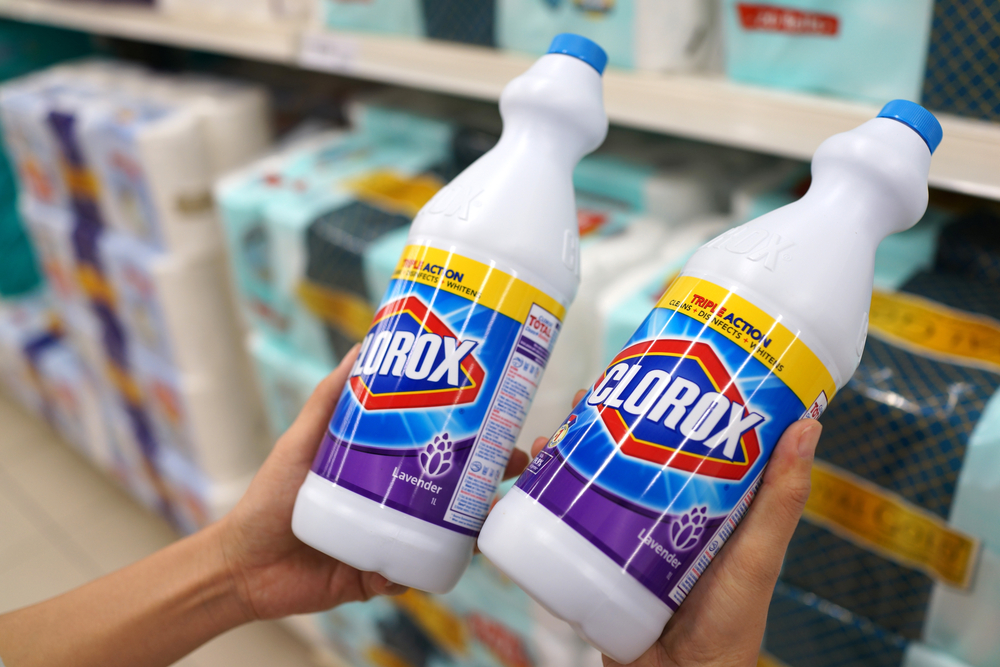For years American business has allowed itself to be swayed by the push and pull of political culture. Investment decisions, corporate donations, and hiring practices have been made in response to a culture that demands acquiescence or cancellation.
But as Netflix, Disney, and State Farm deal with political and cultural backlash from both sides on a host of issues, and politicians scapegoat businesses large and small, the luxury car industry has reminded us of what used to be Business 101: Provide what consumers want, get it to them on time, and charge the agreed-upon price. Nothing more, nothing less.
While companies like Ford, Toyota, and General Motors struggled to meet demand, and some manufacturers ordered dealerships to drop their prices, BMW and Tesla took advantage of excellent chip supply chains to produce record numbers of cars and then deliver those cars to consumers. This disciplined approach to supply chain continuity and customer satisfaction seemed to have been the industry’s top priority.
“Luxury vehicle sales have always tried to set themselves apart with not just a far superior product, but a consumer service that borders on a personal concierge feel,” says automotive entrepreneur James Boening, who has run luxury car dealerships across the country. “People pay for service. Give someone a Ritz Carlton experience when buying a car, and all of a sudden it’s less about the car and more about the personal connection and care.”
Today many businesses make the mistake of appealing to assumed customer political and cultural values instead of creating value for customers—often resulting in in positive headlines but always risking backlash when they land on the “wrong” side of an issue. Starbucks, for example, has received praise from liberals for funding employees’ abortions … but criticism for opposing staff unions. And just last month, State Farm promoted, then canceled, an internal LGBT-support network.
Sometimes the old ways work best, and survey data and consumer anecdotes make clear that customers put a company’s value proposition —getting the right goods or services at the right price on time, and being treated well along the way—ahead of ever-changing cultural and political values. Businesses that want to improve sales, increase profits, and build strong customer loyalty should ignore keyboard warriors on Twitter and pay attention to what real customers say and do.
In Summer 2020, Axios asked 34,000 consumers which corporations they trusted most. The winners weren’t the flashiest or the most political—they simply met customer needs and wants. Clorox was No. 1 because people wanted to be sanitary. No. 3 Amazon kept people’s homes well stocked, and five of the next eight companies were grocery stores that kept us fed at home and safe in public. Technology firms filled out many of the other top 30 slots, with Netflix and Zoom providing stay-at-home entertainment, work opportunities, and education.
As Axios put it, “Industries with a prominent role in life under quarantine have seen especially big jumps” in consumer trust.
A few months later, research consultancy McKinsey found that the pandemic had radically changed consumer loyalty, but not their priorities. One-third of Americans changed from whom they bought goods, and those changes were made for reasons like value provided, convenience to acquire goods, and availability of goods desired.
A final survey, conducted by accounting powerhouse PwC in Fall 2021, found that businesses earn the most employee and customer trust when they prioritize accountability, communication, and owning up to mistakes. In a close fourth, and interwoven into the top three customer priorities, was “delivers consistent customer experience.”
None of this surprises Lee Rashkin, who took Presby Environmental from a regional company to America’s second-largest wastewater-treatment manufacturer.
“There are exceptions to every rule, but consumers—and, therefore, sales—are driven less by social activism and far more by timeless core business values,” he told me. “Reliability was Presby’s hallmark. We prioritized never having a backlog, even when we sent millions of units across the country and the world. And distributors often preferred to rely on our trucking capacity instead of a cheaper, outsourced alternative.”
But even as consumers show us what they want, many influential voices say differently. Industry leaders, politicians, and media pundits frequently say that having the “right values” is critical to business survival.
But what are those “right values”? Consumers don’t want politics; just 19% of customers told PwC that left-of-center social values drove the most trust, whereas the universal values of accountability and consistency ranked 50% and 39%, respectively. This is true for people across the political spectrum: Liberals and conservatives alike have made China the world’s leading manufacturer despite China’s positions on key issues like genocide against Muslims and widespread forced abortions, respectively.
Luxury car companies are, again, our North Star when it comes to doing business right. They know that consumers share the same marketplace priorities. We want to be treated well when making a purchase, understand what we’re getting when we make said purchase, and believe that the product or service will be delivered on time for the agreed-upon price. And if something goes wrong, we want clear communication and accountability to correct the problem.
These critical values supplement a company’s value proposition because they’re universal. There is no brand risk to treating all people as they deserve, paying your staff well, and having a culture of accountability; whereas having the “wrong” opinion about culture and politics can earn bad press and distract senior executives from focusing on growth.
“Senior executives bring the most value by focusing on customer service, high employee retention, and gross and net profit,” says Mike Feuz, an economist who consults for national and multinational corporations. “The best business leaders look long term, beyond the noise of public opinion and quarter-to-quarter performance. They keep critical goals front of mind, which mitigates short-term risk and keeps the entire company on track.”
Consumer opinion surveys have made customer priorities clear: They want their orders taken care of first, now and always. It’s why luxury car companies like BMW and Tesla shattered records last year.
But the best companies go beyond a simple product or service. Despite their political controversies, Chick-fil-A and Starbucks have products their customers want. But they’ve also created environments in which universal values are respected. Chick-fil-A has the most profitable franchise in fast food because of employee politeness: It’s never “You’re welcome,” but instead “My pleasure”—and it moves drive-thru customers at amazing speeds. And Starbucks prioritizes your name and giving you a relaxing coffee experience with your latte and pastry.
Politically oriented capitalism made huge inroads with corporate America in the years leading up to the pandemic. But as we saw Netflix—hardly a socially conservative company—defend Dave Chappelle against critics, and the University of Michigan—which explicitly supports legalized abortion—defend a pro-life professor against medical students who walked out on her department welcome speech, the pendulum may be swinging back the other way.
Historically and today, the best companies put customer value before generic, ever-changing social activism, which most consumers don’t care about when making a purchase. This may seem a no-brainer, especially for free-market readers, but it can’t be emphasized enough that, when times get tough, companies that value their customers will thrive by putting their energy into keeping shelves stocked and meeting those customers’ real needs instead of listening to social media activists and cable news talking heads who, deep down, appreciate competitive prices and good customer service as much as you do.

